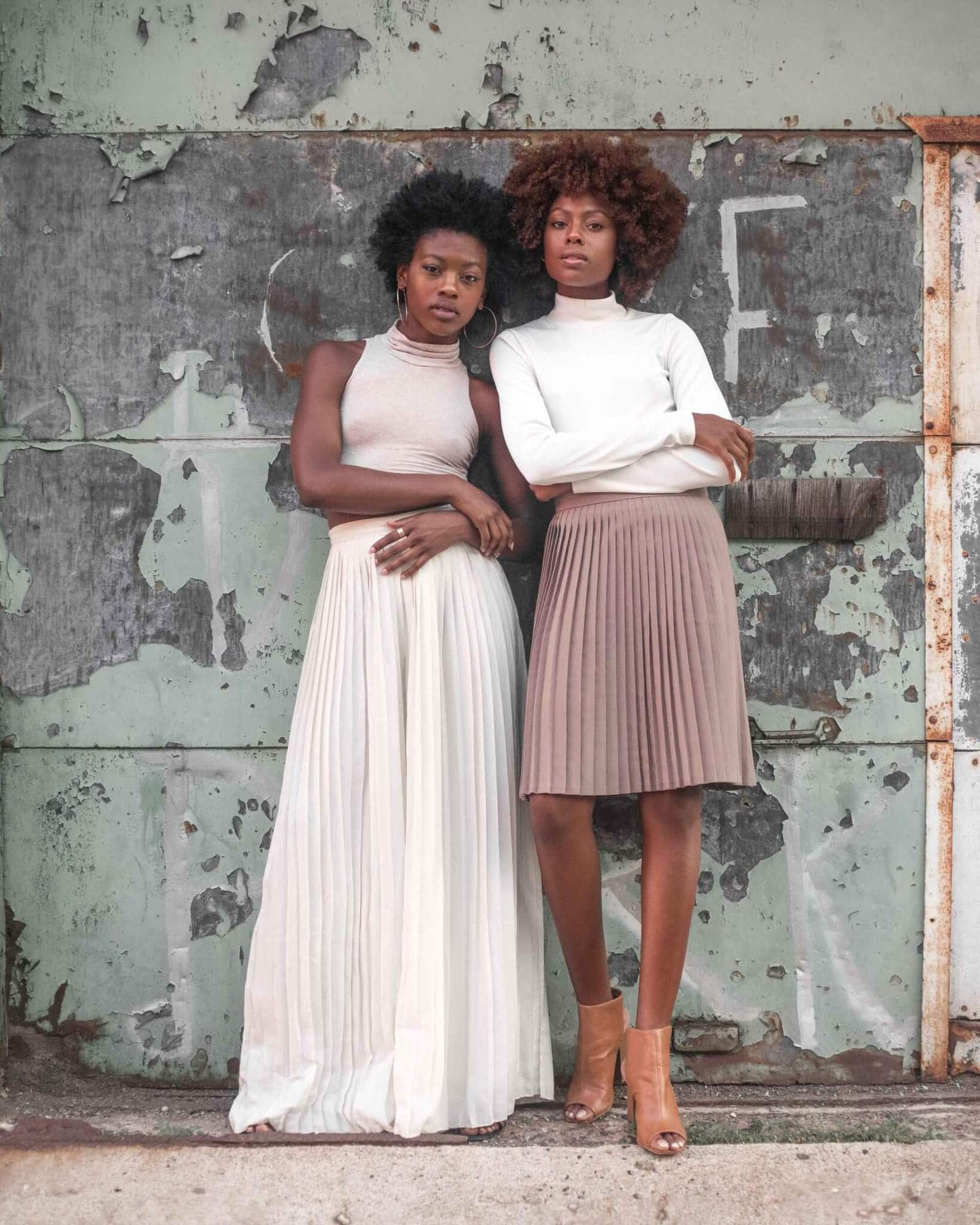When we talk about health, we’re often jumping straight to our newest find – the most recent Black Girl in Om episode or the newly-discovered trap yoga class down the block. But why we get out of bed to pursue self-care, mindfulness or wellness is more intentional and more purposeful than the latest fad. Not often enough do we talk about why self-care and mindfulness are important to us to begin with.
It’s no secret that as Black people, we are suffering from the greatest population-based health disparities. We are more frequently diagnosed with and die from chronic disease. Yet, as a community, we are the most resilient. When we think about #BlackGirlsDo, we’re thinking about the indestructible sense of community we create with one another. A community that empowers each other to live our best lives. However, an essential piece of living our best life requires a difficult and sometimes emotional look back at our family’s health history. When we lost our grandmothers too soon, did we stop to ask why? If we knew that there was cancer in our family, did we stop to think, “Does this affect me?”
Conversations about exercise and eating are important. And easier. Conversations about family health history: not so easy. Self-care should be holistic. In should include elements of a healthy lifestyle but also a knowledge of how family health history impacts our own personal health. It’s time to give voice to something too important to ignore: our Breast Health.
The Hard Facts
You probably know how prevalent breast cancer is for all women. Most breast cancers occur in women over age 50, but almost 27,000 women under the age of 45 were diagnosed in 2017.
Black women specifically are more likely to be diagnosed with basal-like breast cancer, an aggressive type of breast cancer that makes up one-third of all diagnoses for black women under age 50. Black women are also more likely to be diagnosed with triple negative breast cancer. Both of these cancers don’t respond to the most common treatments, which makes early detection and awareness so important. These odds are true of both African American women and women of African descent. These cancer types, among many other factors, are contributing to a significant breast cancer mortality disparity – black women are dying at a rate over 40% greater than white women.
If you have a first-degree relative (a mother, a sister, or a grandmother) who was diagnosed with breast cancer, your personal risk automatically doubles. It becomes even greater if that family risk is coming from a genetic mutation, meaning a fault in one of the genes in your body charged with protecting you from cancer. While rates of genetic mutations are relatively low, black women are more likely to have a BRCA2 mutation, which can increase your lifetime risk of breast cancer to up to 84%.
As a Black woman, understanding your family health history and how it impacts your personal risk for breast cancer is not only an important measure of preventive breast health for yourself, but it is important for every woman in your family.
The Bright News: Knowledge is Power
We’ve shared some stats that might be alarming. It’s important to know that when you know your risk, you can do something about it! There are actions that we can take in our 20s and 30s to reduce our risk of cancer later in life. And when detected early, the 5-year survival rate for breast cancer can be greater than 98%. So, knowing your risk and being proactive can make all the difference.
Let’s start with an easy first step. Bright Pink®, a national breast and ovarian health organization, can help you Assess Your Risk™ for breast and ovarian cancer. This interactive quiz can help you better understand your risk and put you on a path towards personalized prevention. Each question about health history and your lifestyle contains a “Why it Matters” section that educates you about how that factor contributes to your personal breast and ovarian cancer risk. At the end, you can download or print your report so you can discuss your recommended action plan with your healthcare provider.
The second step is equally important: don’t stop with yourself. You have the power to make the change we need to see in our community. Share this information with your sister. Your aunt. Your friend. Because it matters, and there’s nothing more heroic than gifting another sister with self-care. Together, we can change black women’s health for the better and help women live their best, breast lives.
